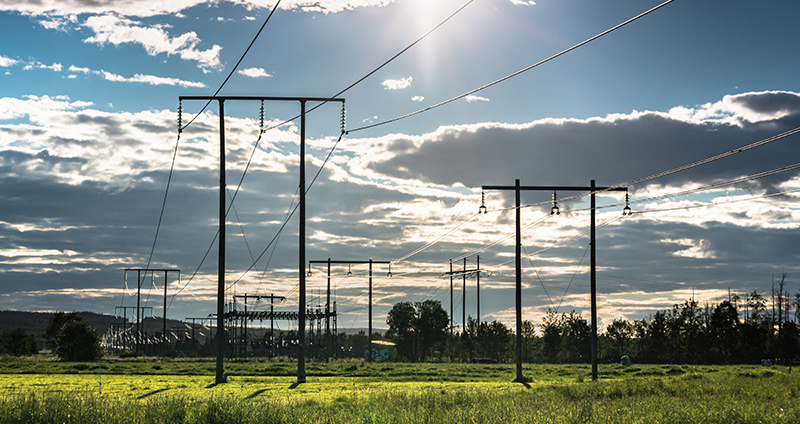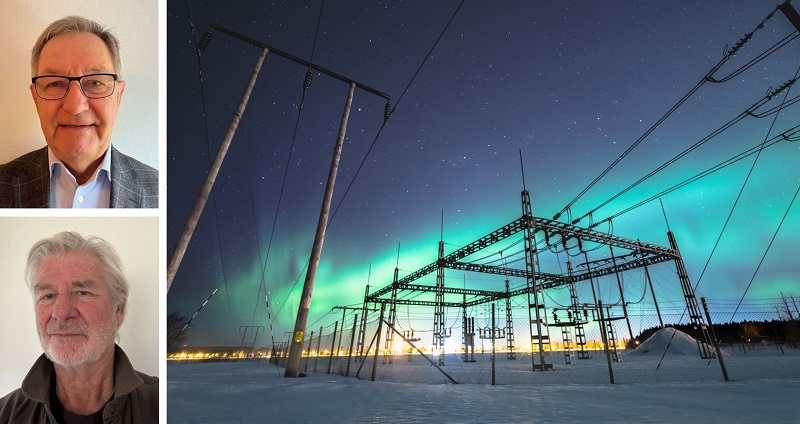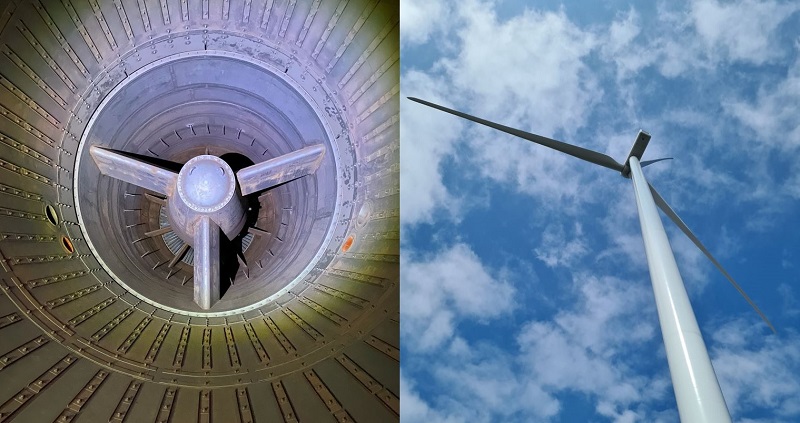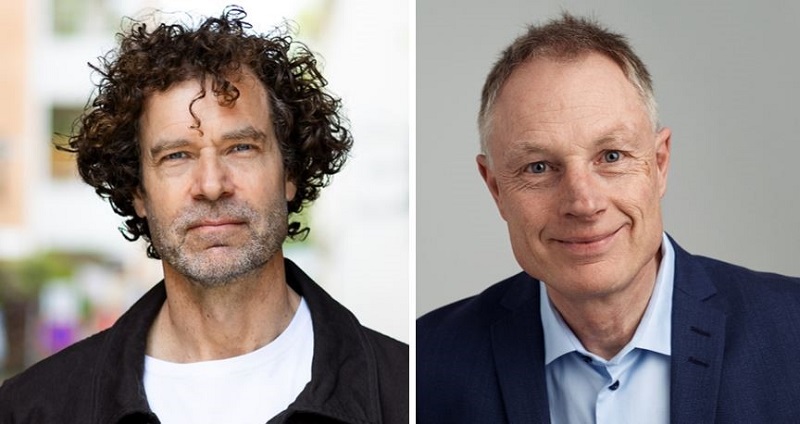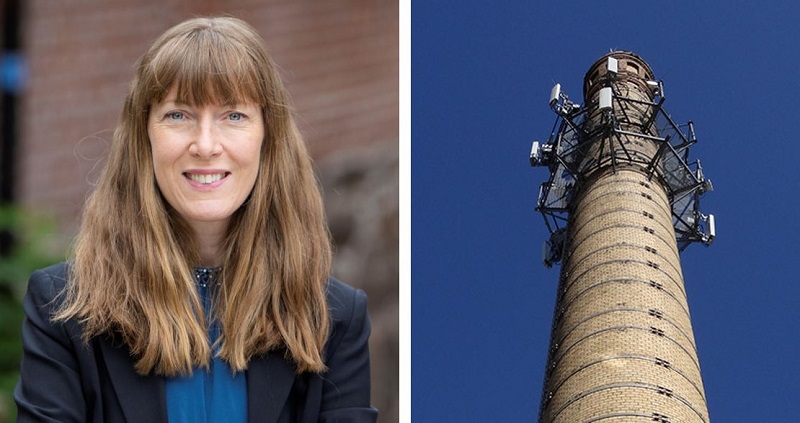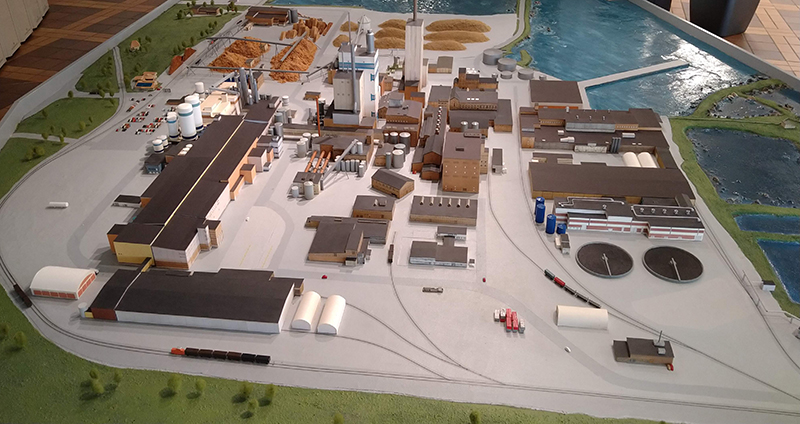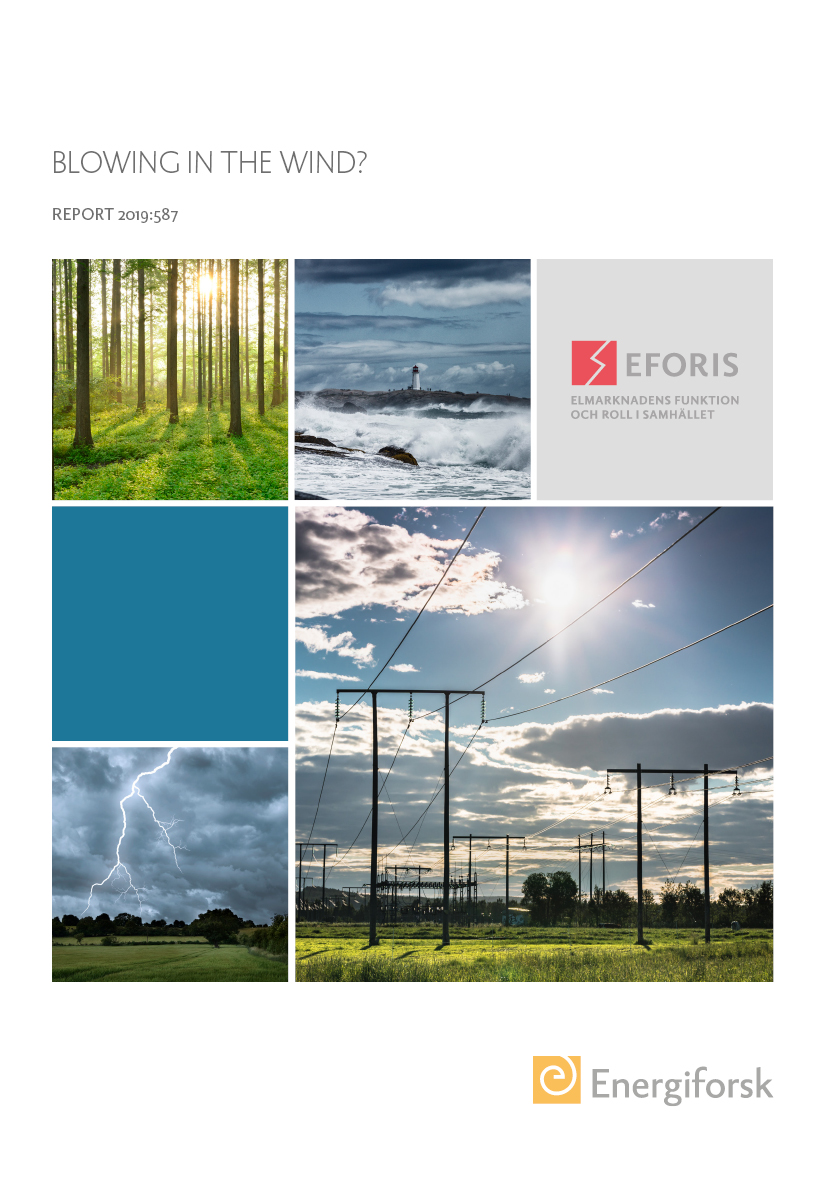During the last few years several European countries have introduced capacity mechanisms. However, compared to the rest of Europe the Nordics are unique by having a very significant amount of hydro power. The flexibility of hydro power makes it ideal for balancing the short-term variations of wind and solar power production. This means that the cost-benefit analysis of capacity mechanisms looks different in the Nordics than in the rest of Europe. Moreover, a “market solution”, i.e. a market for capacity created by the market participants, may develop before a capacity mechanism based on further regulation of the electricity market is conceived to be warranted.
The future development of the electricity supply system, in the Nordics as well as in Europe as whole, is a complex process in which technological and institutional development coupled with legislation are driving forces. Economics is essentially about understanding how economic incentives are formed and affect behavior under different technological, institutional and regulatory conditions. Thus, economic research with a focus on electricity market design and related topics has the potential to provide useful insights and guidance both to decision makers in government, industry and finance, and to individual households.
